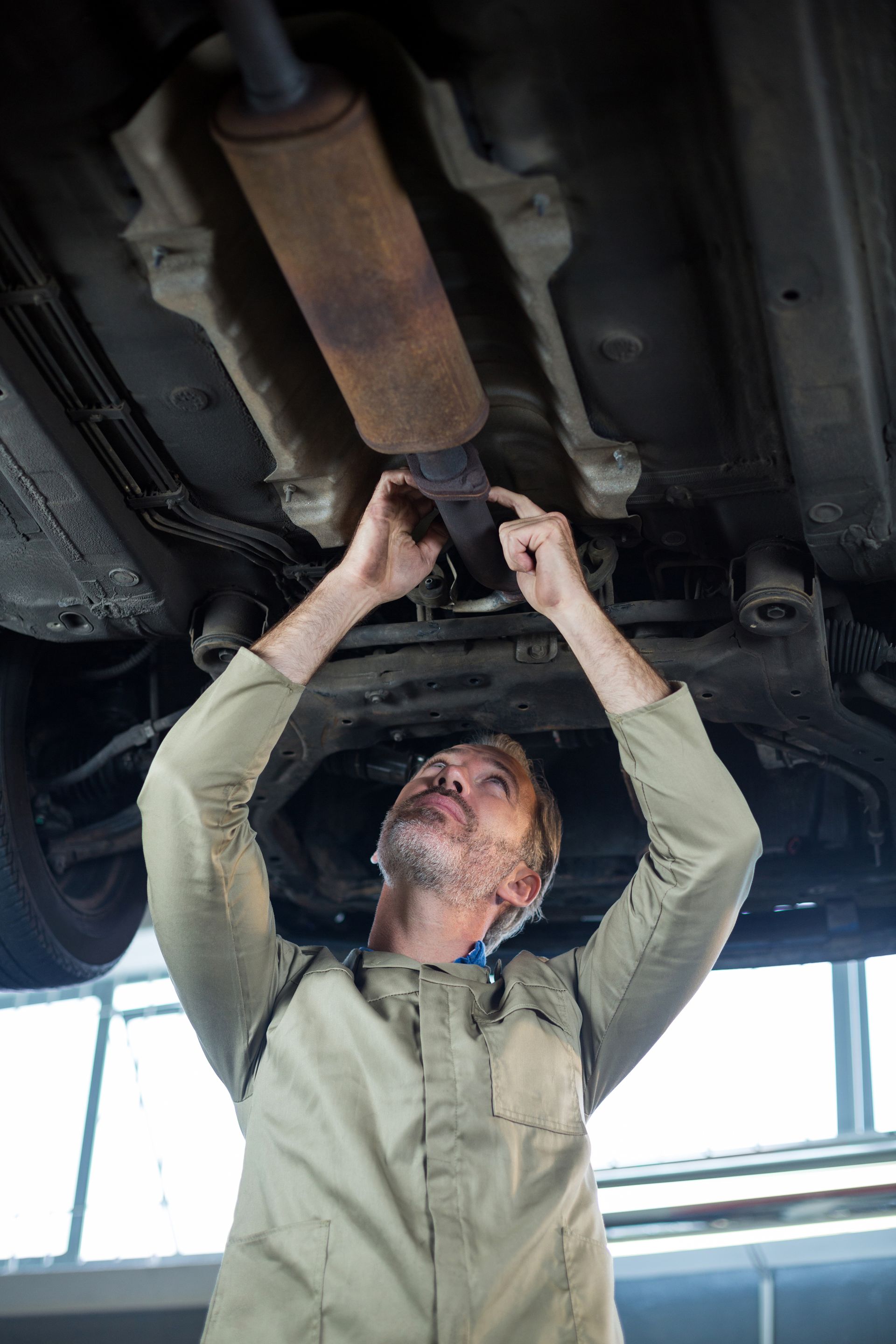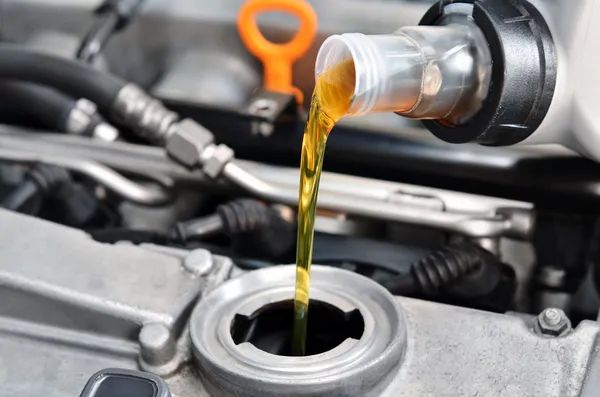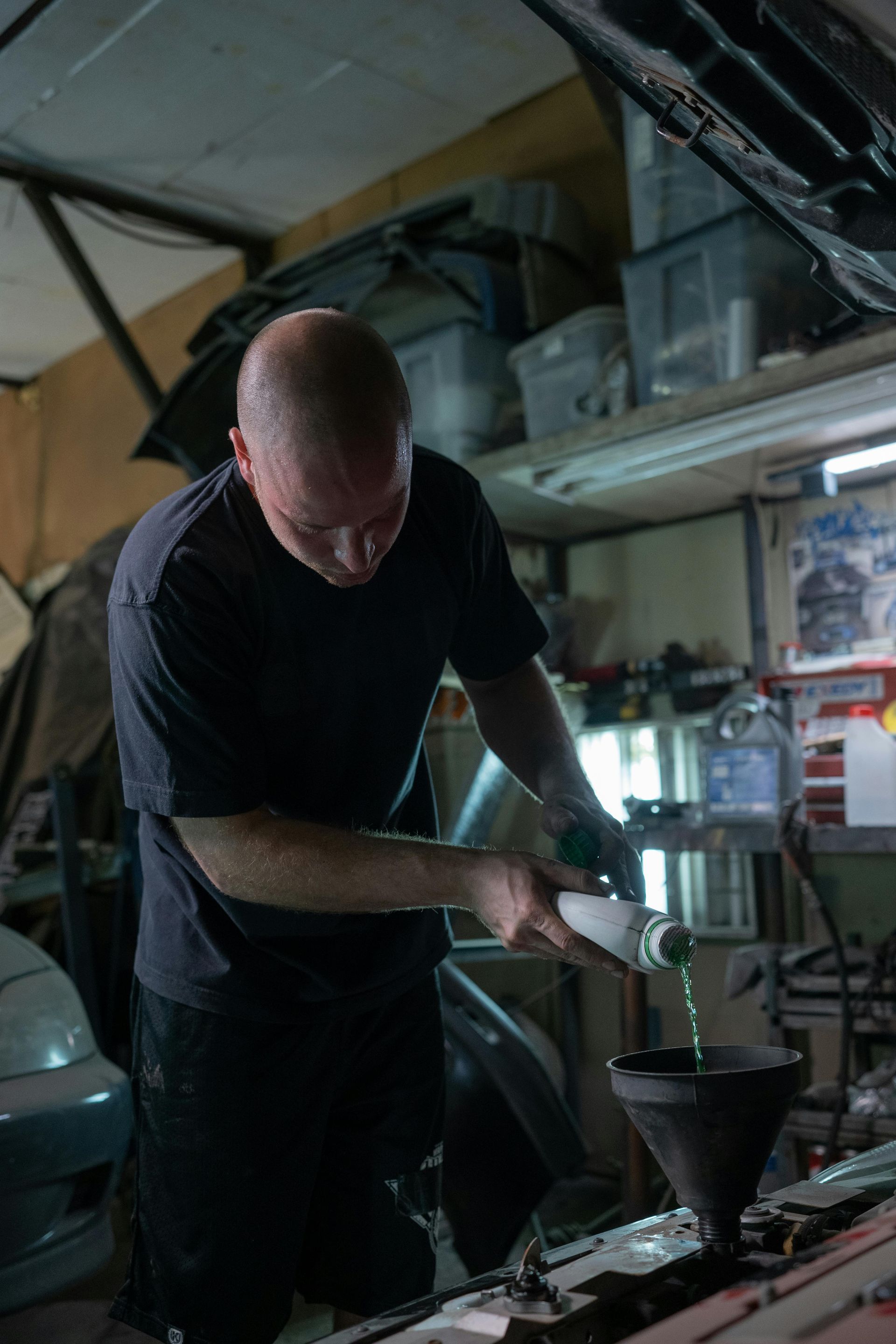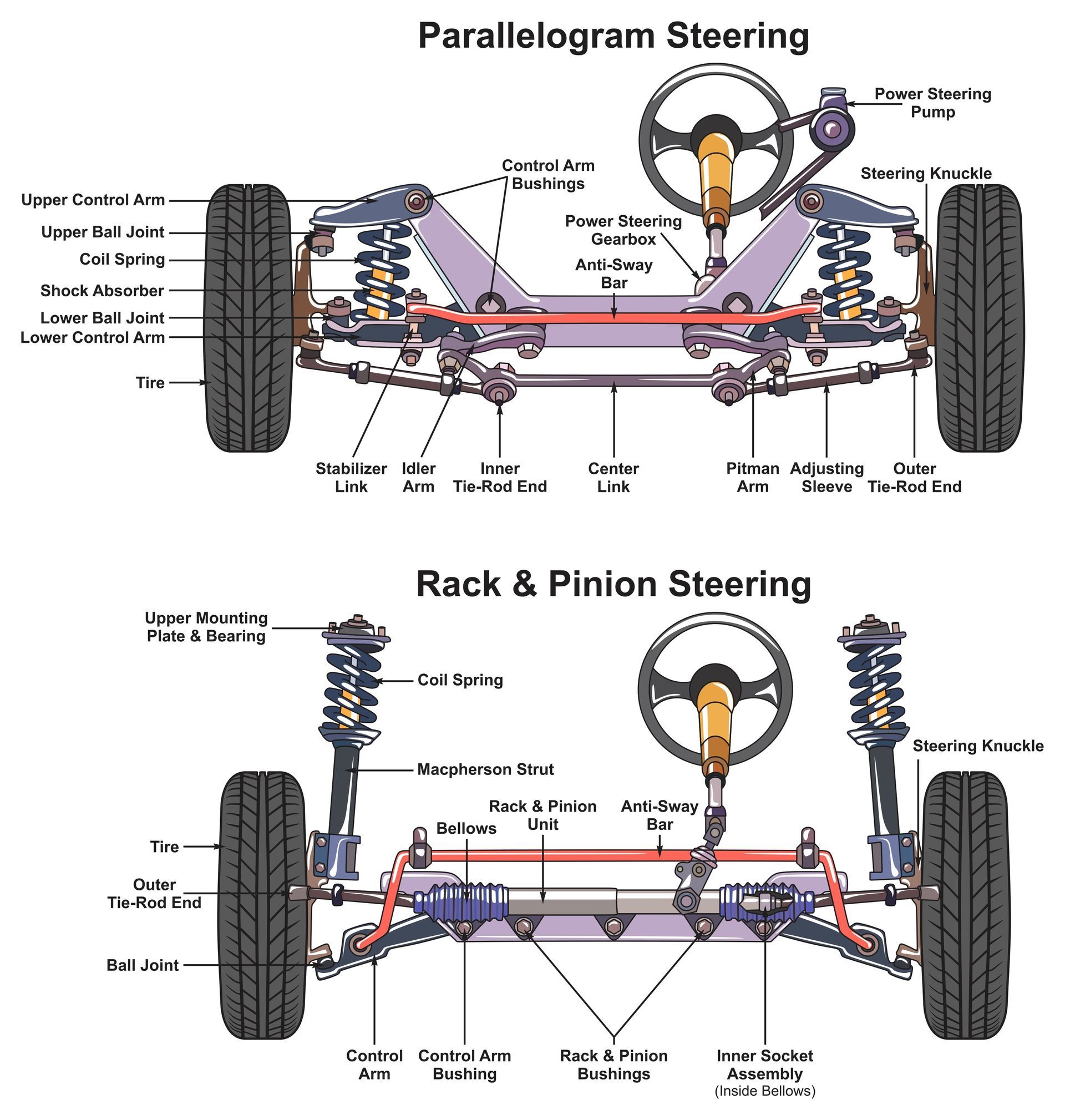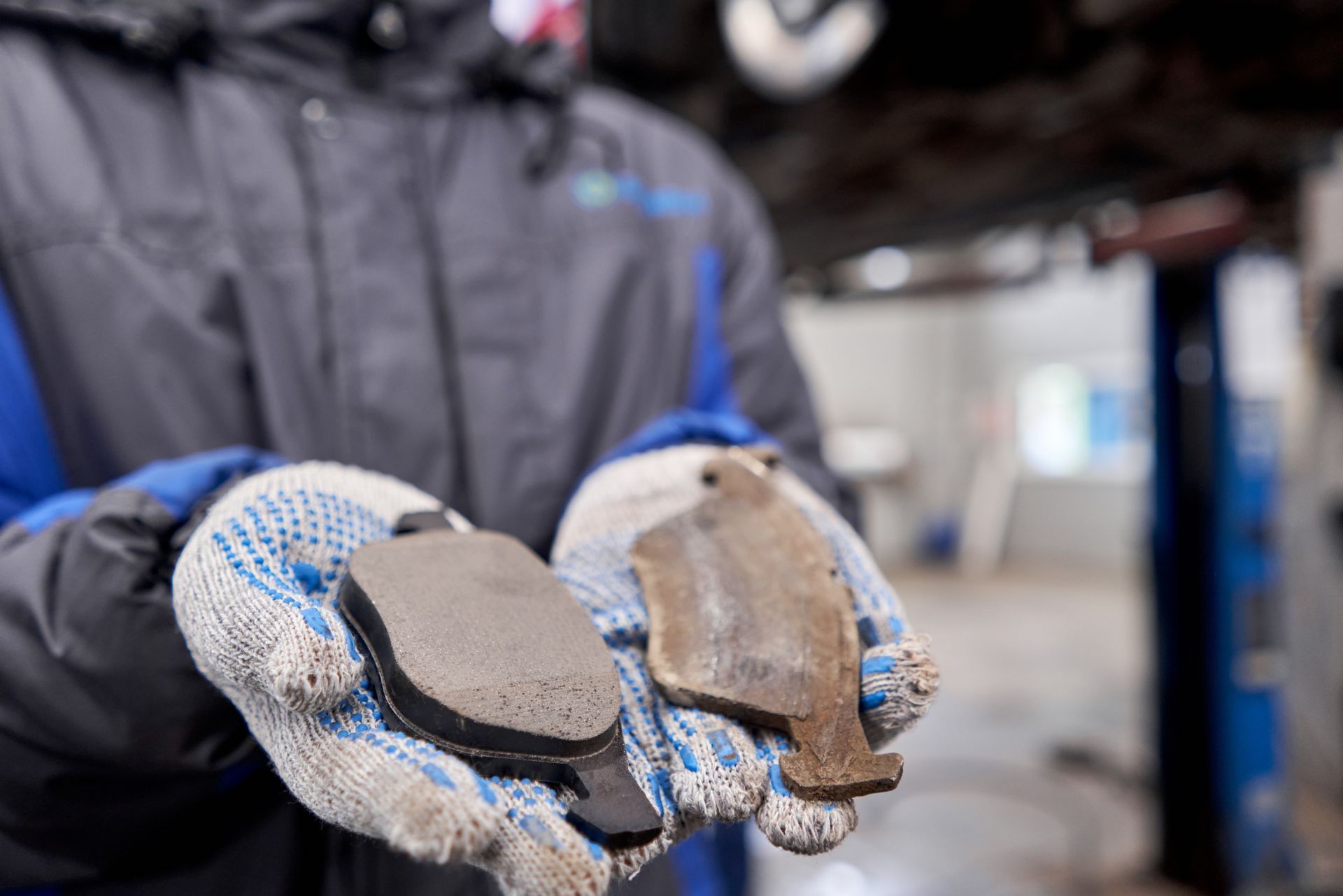Your car’s oil pan is easy to overlook, but it plays a vital role in keeping your engine running. It stores and supplies oil, ensuring your engine stays lubricated and cool. But since it sits on the underside of your vehicle, it’s exposed to damage from rough roads, debris, and general wear over time. If your oil pan gets cracked or dented, you might notice an oil leak, but is it something you can ignore? The short answer is no—driving with a damaged oil pan can lead to serious engine trouble.
What Happens When an Oil Pan Gets Damaged
The oil pan isn’t just a container for engine oil. It works alongside the oil pump to circulate lubrication throughout your engine. If the pan is compromised, your car might start losing oil, leading to poor engine performance and, in severe cases, total engine failure.
Even a small dent or crack can allow oil to seep out over time. If the damage is more significant, you could end up with a rapid oil loss, causing a sudden drop in oil pressure. Since oil is essential for preventing metal-on-metal contact between engine components, any disruption in its flow increases the risk of overheating and internal damage.
Ignoring an oil pan issue might not cause immediate failure, but over time, your engine will struggle due to lack of lubrication. Eventually, the friction and heat will take a toll, potentially leading to a breakdown or costly repairs.
How Do Oil Pans Get Damaged
Most oil pan damage happens due to external impacts. Since it’s located at the bottom of the engine, it's vulnerable to hits from road hazards. The most common causes of oil pan damage include:
- Potholes and speed bumps – Hitting a deep pothole or an unexpectedly high speed bump can cause a direct impact on the oil pan.
- Road debris – Large objects like rocks or metal pieces can strike and dent the pan while driving.
- Improper jack placement – Lifting a vehicle incorrectly can put too much pressure on the oil pan, leading to cracks.
- Corrosion over time – Older vehicles may develop rust on the oil pan, making it more prone to leaks.
- Loose or stripped drain plug – If an oil change isn’t done correctly, the plug might not be sealed properly, causing a slow but steady leak.
Signs That Your Oil Pan Is Damaged
Oil pan damage isn’t always immediately noticeable. Sometimes, the effects take time to show, while other times, the signs are obvious. If you notice any of these warning signals, it’s time to get your car inspected:
- Oil spots under your car – If you see puddles forming where you park, it’s likely that oil is leaking from the pan or drain plug.
- Low oil levels – Regularly checking your dipstick can help determine if you're losing oil faster than usual.
- Burning oil smell – Leaking oil can drip onto hot engine components, causing a strong burnt oil odor.
- Oil pressure warning light – If this light turns on, your engine might not be getting enough lubrication.
- Strange engine noises – Without enough oil, you might hear knocking or ticking sounds from the engine due to increased friction.
If any of these issues appear, don’t wait—oil pan leaks can escalate quickly, leading to serious damage.
Is It Safe to Drive with a Leaking Oil Pan
If you’re dealing with a minor leak, you might be tempted to continue driving for a while before addressing it. However, even a slow leak can create major problems over time. Oil loss leads to reduced lubrication, increased engine temperatures, and premature wear on crucial components. If the damage worsens while you're on the road, you could end up stranded with an overheated engine or worse—total engine failure.
If your oil pan is leaking, it’s best to avoid driving until it’s repaired. If you absolutely must drive, check your oil levels frequently and keep extra oil on hand. But this is only a temporary solution—getting the issue fixed as soon as possible is the safest option.
Getting Professional Oil Pan Repair
Fixing a damaged oil pan is more than just patching a leak—it’s about protecting your engine from serious damage. A cracked or dented oil pan can lead to low oil levels, poor lubrication, and even engine overheating if left unaddressed. Whether it’s a minor repair or a full replacement, addressing the issue early can prevent bigger problems down the road. Don’t wait until your engine is at risk—have your oil pan inspected and repaired before a small issue turns into an expensive fix.
Noticed an oil leak? Don’t risk serious engine trouble. Let
Elite Auto Experts in Houston, TX, inspect and repair your oil pan before the damage gets worse. Stop by today!
